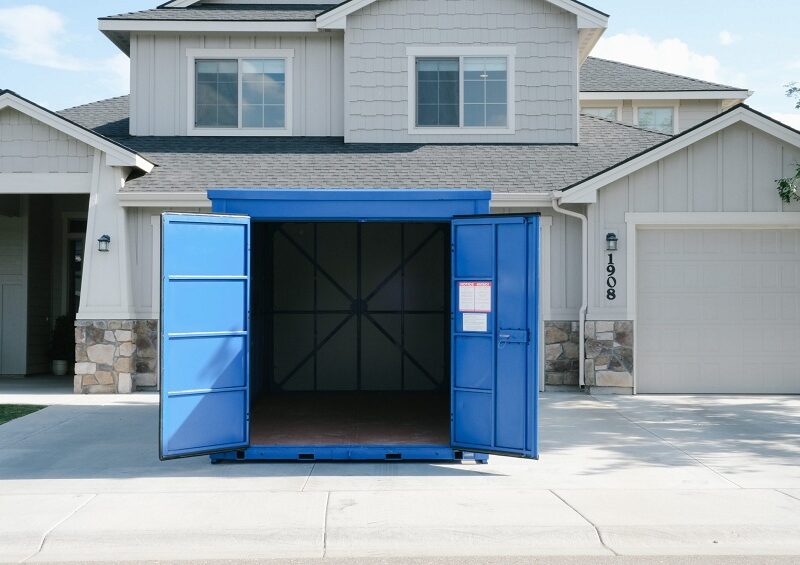As of early February 2023, some states had begun the annual Medicaid redetermination process. Medicaid redetermination doesn’t affect people with private health insurance or no health insurance at all. It does not affect their employers either. It does affect people on Medicaid as well as a small number of individuals eligible for both Medicare and Medicaid simultaneously.
Needless to say that Medicaid redetermination can change a lot of things for subscribers who discover they are no longer eligible to receive state benefits. Some need to reapply under new Medicaid plans while others must revert to private health insurance. So yes, Medicaid redetermination does matter a great deal to people on the government program.
More About Medicaid
This post will explain Medicaid redetermination in just a minute. But first, a word about Medicaid itself. Medicaid is a federal-state health insurance program for low-income subscribers who meet certain eligibility requirements. Medicaid subscribers generally have access to local hospitals, GPs, after-hours care, etc.
Although Medicaid is largely funded by the federal government, it is administered by the states. Individual states also kick in their portion of the funding. Leaving administration to the states allows them to come up with their own rules and eligibility requirements. That is where redetermination comes in. As you read about redetermination below, bear in mind that the information is general in nature. Each state handles redetermination according to its own rules.
A Definition of Redetermination
Defining redetermination is pretty simple if you just analyze the word itself. Redetermination is the process of determining, once again, if a person is still eligible for Medicaid benefits. That person’s eligibility was determined once before. Now it needs to be redetermined to move forward.
The states conduct redetermination annually. They require Medicaid recipients to report and verify their income. That information is cross-checked by the state for accuracy. As long as a recipient’s income stays at or below the state threshold for eligibility, and all other eligibility requirements are met, the recipient can continue utilizing Medicaid services for the next year.
In most cases in which a recipient is determined no longer eligible, the issue is income. A recipient is now earning too much to qualify. But there are cases under which a person previously qualified for a dual-special needs program (D-SNP) one year but not the next, without income having anything to do with it.
Qualifications for D-SNP Plans
BenefitMall, a Dallas general agency that encourages brokers to offer their clients access to D-SNP plans, says there are three groups of individuals who normally qualify for the plans:
- Low-income individuals
- People with certain medical conditions
- People with unique healthcare needs.
It is possible for a D-SNP subscriber to no longer have the same unique healthcare needs that qualified them for Medicaid coverage. In such a case, redetermination may result in the subscriber being removed from Medicaid and having to find something else to provide the missing coverage.
Healthcare Providers Lose, Too
Medicaid recipients who no longer qualify lose their coverage when redetermination demonstrates they no longer have need of public health insurance. But they are not the only ones who lose. Healthcare providers who specialize in treating Medicaid patients lose those patients if alternative forms of insurance are not arranged.
Now you know what Medicaid redetermination is. If you are in your first year of Medicaid coverage, you will have to go through the redetermination process at some point in the next 12 months. If redetermination reveals you are no longer eligible, you will be disenrolled. It will be up to you to find new coverage.











